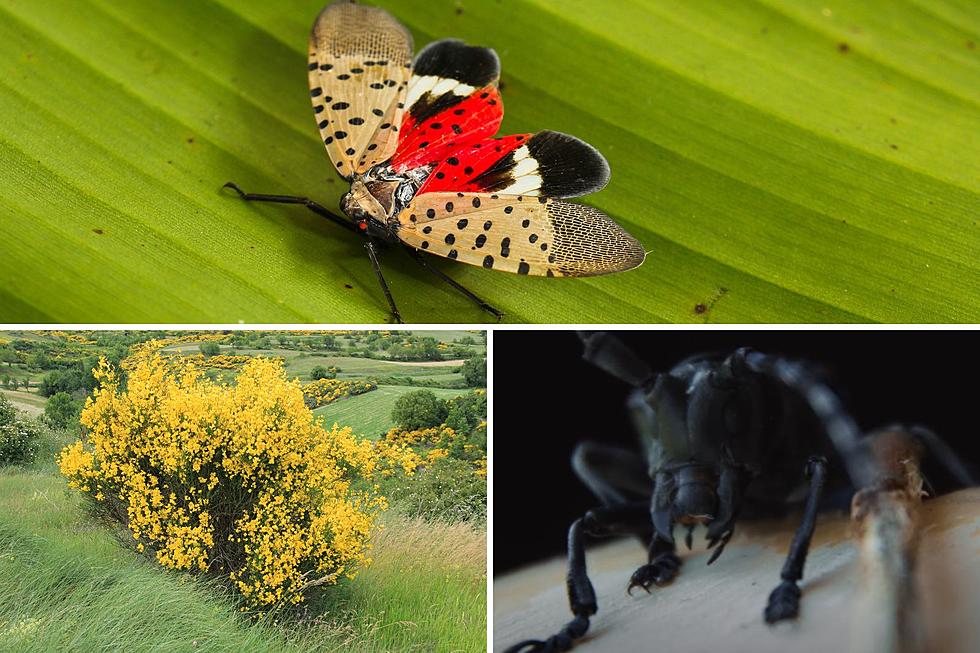
New York State DEC Warns Against Misuse of Mothballs
I am old enough to remember when mothballs were the go to for preserving clothes before storage. My grand parents put mothballs out like it was candy at Halloween every time we closed up their summer house. They said it was suppose to keep out rodents and what have yous during the winter when we weren't at the house. All I know is we spent the following summer finding mothballs all over the house. I don't think we ever got them all up before it was time to put them down again.
I had no idea that people were still using mothballs to store stuff. Nor did I know that people also used mothballs to repel pests outdoors in their gardens. It doesn't surprise me, after all a good whiff of a mothball can get you to back up in your tracks faster that the critter it's suppose to repel. One of the reason they have such a strong smell is because they are highly toxic. This is why the New York State Department of Environmental Conservation is asking that if we must use them, we use them properly and with caution.
According to a press release issued today (September 16, 2020) the DEC's Bureaus of Pesticides Management and Law Enforcement receives numerous calls every year regarding the misuse of mothballs. They receive complaints that mothballs are being used to repel domestic pets and wildlife in neighborhoods.
They want to remind people that mothballs like other pesticides must be used in accordance to their directions. According to the DEC release mothball's labeling states that they must be used in tightly closed containers to kill clothes moths and other fabric pests. It goes on to say that mothballs are not effective in keeping unwanted visitors out of yards, gardens, interior walls of building and that includes drop ceiling.
The NYS DEC also want the public to realize that using mothballs in any manner not listed on the pesticide label is dangerous and illegal. The press release includes this information:
Why Should I Be Concerned?
- Mothball active ingredients are either paradichlorobenzene or naphthalene.
- The vapors from mothballs are toxic.
- Incorrect use and long-term exposure may cause health problems, harm children, and contaminate soil, water, and plants
You can visit the National Pesticide Information Center for more on mothballs and their proper use. You can also contact pestmgt@dec.ny.gov or call 518-402-8746.
KEEP READING: Here are 6 foods from your cookout that could harm your dog
More From WZAD-WCZX The Wolf









